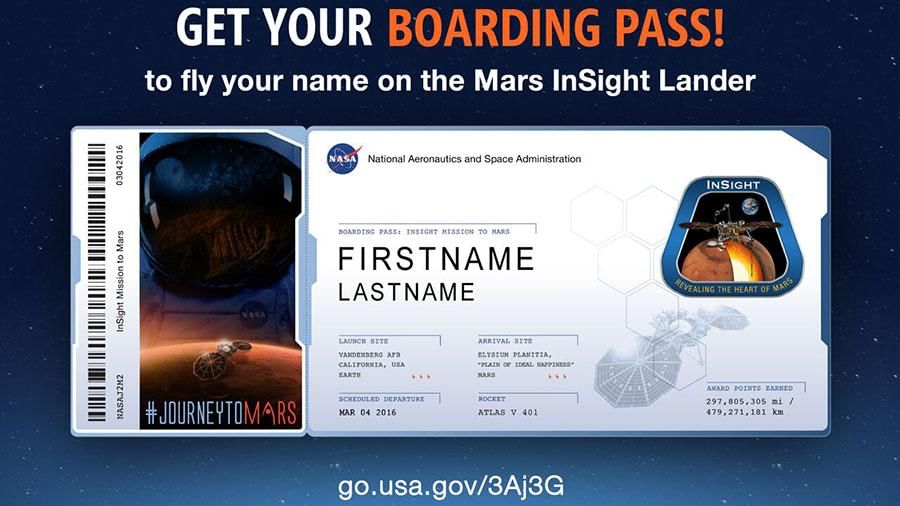New Delhi: With Artemis II set to launch in April 2026 carrying four crew members into lunar orbit, NASA once again offers boarding passes for the general public. This will be the first crew flight under NASA’s Artemis campaign and the first space exploration sending astronauts to the Moon’s orbit since the Apollo 17 mission in 1972. NASA definitely knows how to make these deep space explorations captivating beyond the launch. And with Artemis II, they did this by inviting people globally to send their names as boarding passes on these missions.
NASA did this for the first time with the Parker Solar Probe in 2018 to the Sun, then again in 2020 with the Preservance Rover to Mars. The first Artemis mission in 2022 also let people put their names on the rover and get boarding passes to the Moon. Once again in 2025 NASA is inviting the public to join Artemis II. With this new “Send your name with Artemis II” initiative, anyone’s name can get a spot on this journey when enrolled before January 21, 2026.
How to sign up for the mission
The Artemis II launch in itself is a big milestone for space exploration, and this global collaboration makes it even more special. The Orion and SLS (Space Launch System) spaceship is carrying four astronauts, Reid Wiseman, Victor Glover, Christina Koch from NASA, and CSA (Canadian Space Agency) astronaut Jeremy Hansen. All the names collected will be put in an SD card placed in the Orion spacecraft, which means participants will have their names traveling literally through space on this 10-day mission. Participants can have their names printed on a boarding pass as a souvenir.
To write your name and get a boarding pass in English you can visit: https://go.nasa.gov/artemisnames
To write your name and boarding pass in Spanish you can visit: https://go.nasa.gov/TuNombreArtemis
Editor’s Review: This mission opens the door for citizens around the world to send their names to space. Yet when it comes to real collaboration, NASA has again limited itself to partnering with one another North American country, Canada. It is international in the sense that there is more than one participating country, but can this still be called a global Space mission? Have humans taken the geopolitical conflicts to space?
